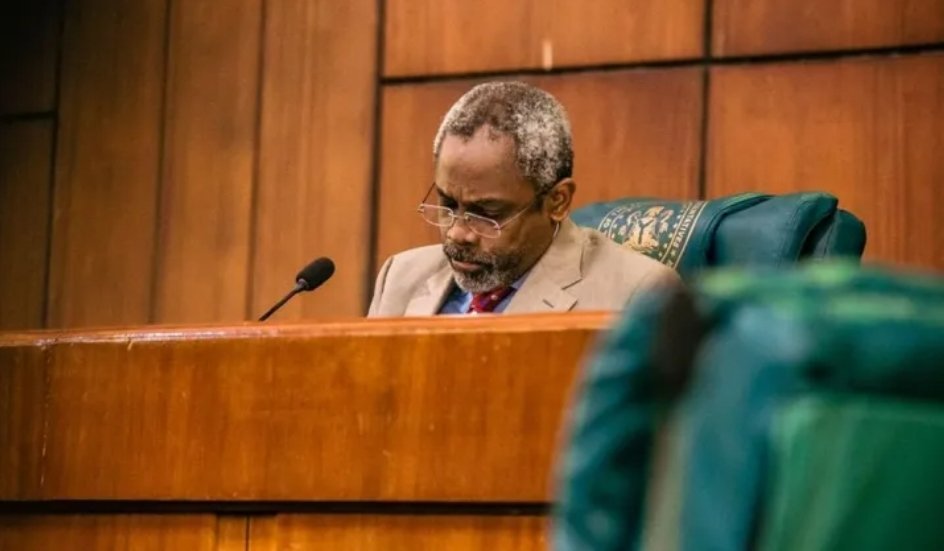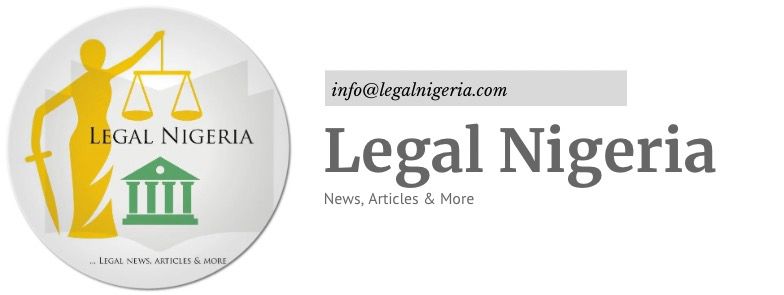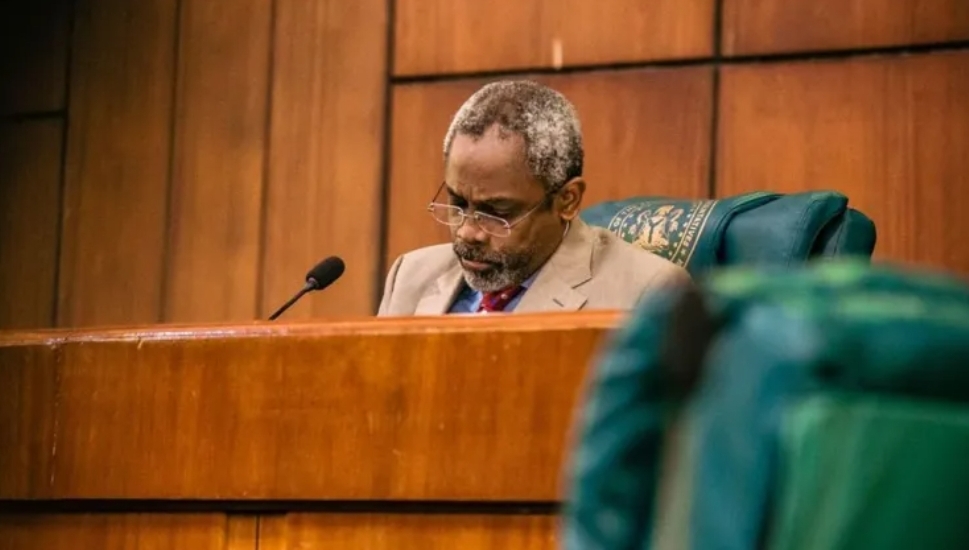
The efforts toward tackling corruption ravaging the country gained a boost yesterday, as the House of Representatives passed the bill which seeks to ensure that effective and efficient administration of justice in criminal and related proceedings is not prejudiced by the unwillingness of witnesses to give evidence for fear of violence, serious injury, death or for such other reasons.
As stipulated in Clause 2(a–g) of the bill, the main objectives of this Bill are to – establish legal and institutional framework to protect witnesses and related persons, with responsibilities for carrying out all administrative duties relating to witnesses and related persons, including providing temporary protection and related services; ensure that the relevant agency takes responsibility for entering into an agreement with the witness on behalf of the state.
The bill also seeks to regulate the procedure and determine the manner in which the provisions of this Bill shall be carried out; designate places to be utilised as places of safety for the purposes of the Witness Protection Programme; and ensure effective use and nationwide supervision of Witness Protection Officers of the relevant agency; ensure that adequate consideration is given to the rights of witnesses; and harmonise existing laws and policies on witness protection and management.
As stipulated in Clause 29(a–j) of the proposed bill, the legislative framework shall apply to investigation and prosecution of offences relating to – terrorism, money laundering prevention and prohibition, economic and financial crimes, corrupt practices and other related offences, drugs and narcotics and their trafficking, trafficking in persons, Criminal and Penal Code offences, customs and excise management, any legislation dealing with proceeds of crimes, confiscation and forfeiture of assets, and such other offences as may be contained in enactments enacted by the National Assembly and designated by attorney-general by an order published in the Federal Gazette.https://googleads.g.doubleclick.net/pagead/ads?client=ca-pub-5228780540891921&output=html&h=280&slotname=8996863554&adk=1546010415&adf=2402057214&pi=t.ma~as.8996863554&w=336&lmt=1651716500&rafmt=12&psa=1&format=336×280&url=https%3A%2F%2Fleadership.ng%2F377033-2%2F&wgl=1&dt=1651737783264&bpp=5&bdt=1019&idt=1589&shv=r20220503&mjsv=m202204280101&ptt=9&saldr=aa&abxe=1&cookie=ID%3D37d6036c2d5d35b3-22af5a2541d300a7%3AT%3D1651160591%3ART%3D1651254802%3AS%3DALNI_MbHs5UvIxbe4jyqemsJj8SQlluP3w&prev_fmts=320×100%2C0x0%2C320x50&nras=1&correlator=2421598576276&frm=20&pv=1&ga_vid=1922444871.1651160591&ga_sid=1651737784&ga_hid=951185620&ga_fc=1&u_tz=60&u_his=2&u_h=800&u_w=360&u_ah=800&u_aw=360&u_cd=24&u_sd=3&dmc=4&adx=15&ady=2004&biw=360&bih=561&scr_x=0&scr_y=0&eid=44759876%2C44759927%2C44759837%2C44761044%2C31067068%2C31067336%2C31060049%2C31060475&oid=2&pvsid=3154314247092389&pem=950&tmod=1150656463&uas=3&nvt=1&ref=https%3A%2F%2Fleadership.ng%2F&eae=0&fc=896&brdim=0%2C0%2C0%2C0%2C360%2C0%2C360%2C561%2C360%2C561&vis=1&rsz=%7C%7CeEbr%7C&abl=CS&pfx=0&fu=256&bc=31&ifi=3&uci=a!3&btvi=2&fsb=1&xpc=czCpXgAu1q&p=https%3A//leadership.ng&dtd=1619
On the “Agreements with international bodies, institutions, organisations or foreign countries’, Clause 17(1 & 2) provides that: “Relevant agency may, with the approval of the Attorney-General, make an arrangement with a foreign State, international body, institution or organization on any matter relating to cooperation between Nigeria and that state, international body, institution or organization relating to witness protection.
“The relevant agency may enter into an agreement, either in general or on specific terms and conditions with a competent authority in a foreign country in order to – place a protected person under a witness protection arrangement administered by that country; or admit a protected person to witness protection arrangement under any law applicable to that country.”
Clause 28 which provides for “non-disclosure of original identity of witness”, stipulate that, “Where a witness who has been provided with a new identity under the programme would, apart from this section, be required by or under any law in force in Nigeria to disclose his original identity for a particular purpose; and the relevant agency has given the witness authorisation, in the form prescribed by regulations made under this Act, not to disclose his original identity for that purpose, the witness is not required to disclose his original identity to any person for that purpose.
Leadership News









